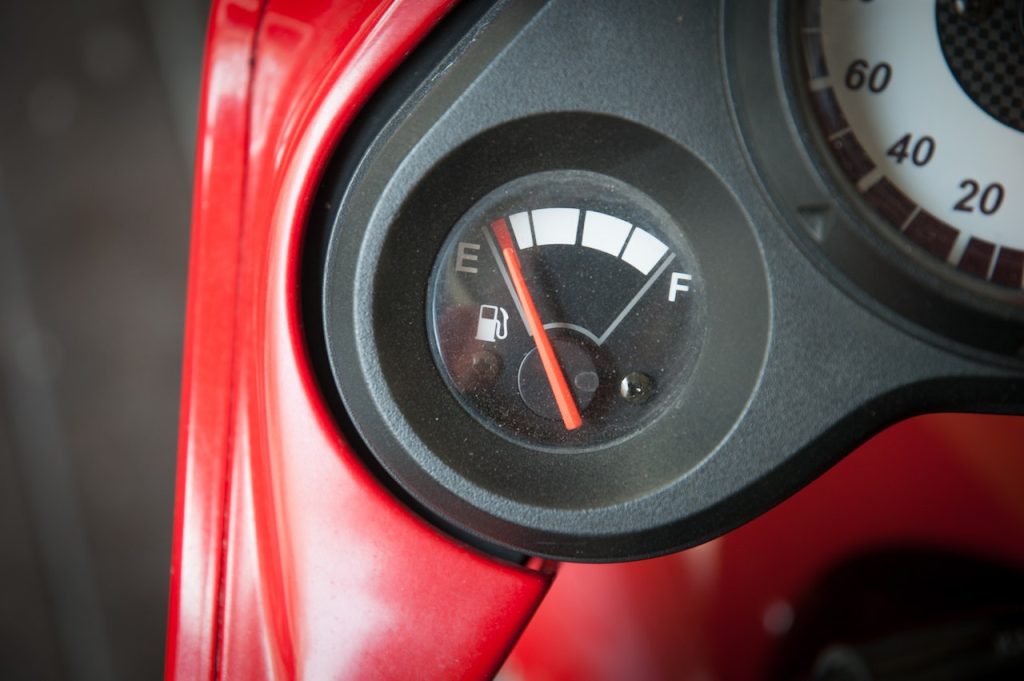In the first part of this series, we gave you a brief overview of fuel contamination and all the warning signs that you should be aware of. Now, for the second part, we will list down the main sources of fuel contamination and how to deal with this situation. Read on to learn more.
The 3 Main Sources of Fuel Contamination
As with anything, recognising the root of a problem allows us to develop and apply an effective solution. By knowing what causes fuel contamination, we can prevent damage. Here are the three main causes of fuel contamination:
1. Unwanted Contaminants and Particles
Unwanted particles may be contributing to the pollution created by fuel. Before reaching your tank, the refined fuel passes through a variety of valves, pipes, and storage facilities.
Fuel contamination can occur during both transportation and storage. Iron storage tanks are prone to rust and corrosion, and valves may collect dirt from past use. Diesel fuel contamination is a potential in any circumstance.
2. Unnecessary Water
When big fuel tanks become contaminated by water, cleaning them can be a difficult task. Purchasing, storing, and transporting gasoline are often done in private, and it may be difficult to verify whether or not there is pollution or water availability without doing the necessary tests.
Diesel fuel absorbs moisture from the atmosphere. Fuel has the capacity to absorb moisture from the surrounding air and emulsify with water in larger storage tanks.
Water has the potential to contaminate gasoline. The phase separation process may result in the creation of a layer of free water beneath the gasoline. The water layer could contaminate the fuel in the tank.
3. Natural Degradation
Fuel can get polluted over time or while in storage. When tar accumulates in old diesel gasoline, the fuel can become hazy and dark in colour. As a responsible vehicle owner, you must know that good fuel has two characteristics: it is transparent and glowing.
Checking the purity of the fuel before getting behind the wheel could save you money and engine damage.
4 Ways to Deal with Fuel Contamination
When the vehicle maintenance checklist is followed, the likelihood of problems happening is reduced; nevertheless, fuel contamination is a completely different issue.
If the fuel becomes contaminated, you can:
1. Avoid Driving
If the fuel in your vehicle has become contaminated, you should seek roadside assistance before going on the road.
Never use tainted fuel. Only a moving engine can be influenced by certain particles. You won’t be able to add harmful fuel if you don’t start the vehicle.
If necessary, get your car towed. This is especially important for seeking roadside emergency services.
2. Clear Out the Tank
Draining the tank will get rid of any potentially contaminated fuel.
Remove every last drop of tainted fuel. Fresh gasoline can then be added after the tank has been emptied of its previous contents.
3. Maintain and Care for Your Tank
If you have no past experience cleaning your vehicle’s tank, you may find it difficult. However, you should never put clean fuel in a tank with contaminated fuel. Both detergents and additives are capable of removing silt.
4. Contact the Professionals
Vehicle repair and cleaning necessitate the use of specialised equipment that only professionals have access to.
Examine your vehicle’s engine for signs of damage caused by tainted fuel. It is critical to replace damaged automotive components in order to avoid further harm.
Conclusion
Indeed, fuel contamination is an additional risk that you should be aware of because neglecting it can result in considerable financial loss. As such, seek the assistance of your trusted automotive shop and learn how to perform routine maintenance. To avoid fuel contamination, professionally maintained service stations have the necessary equipment to remove contaminants and clean tanks successfully.
Are you in need of contaminated fuel cleanup services? Fuel Fixer is here to attend to your needs, whenever and wherever. In the UK, we are your go-to team. Contact us today!

